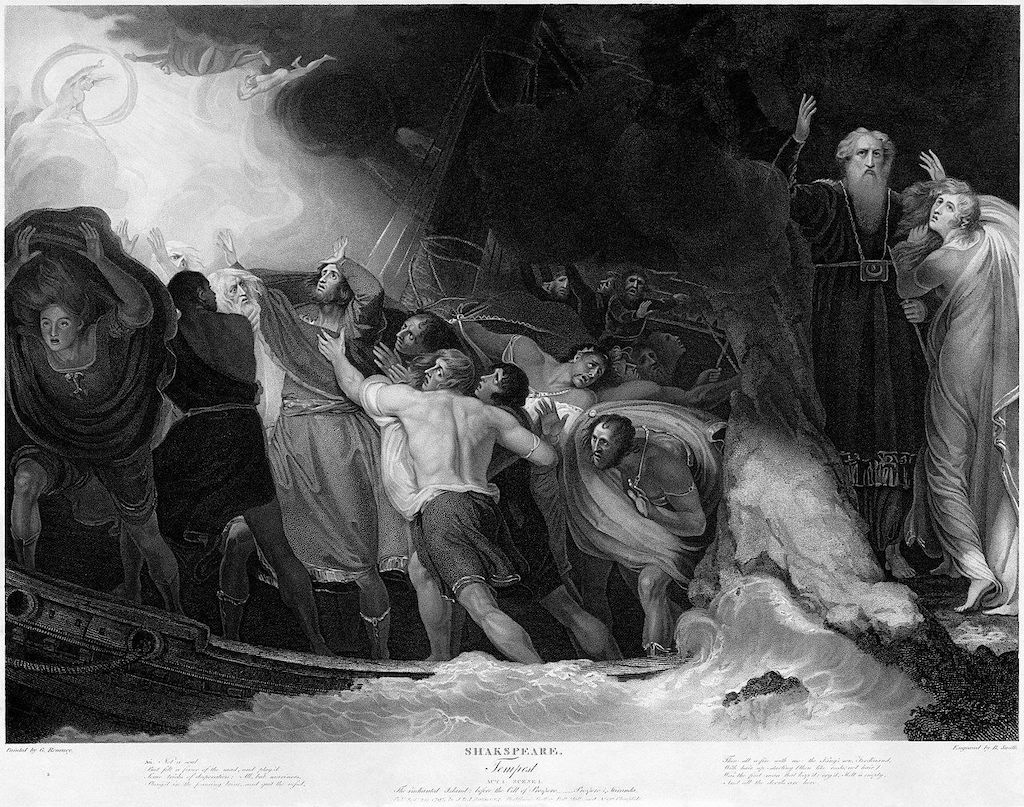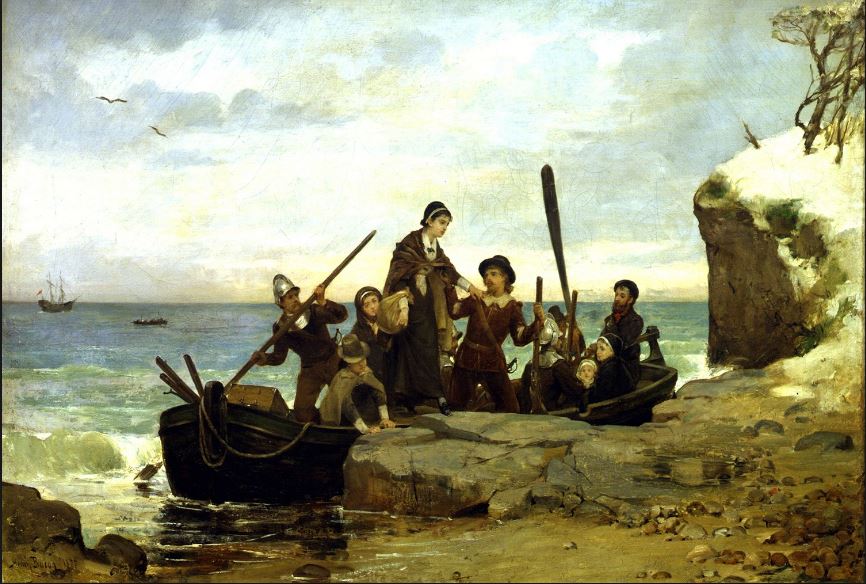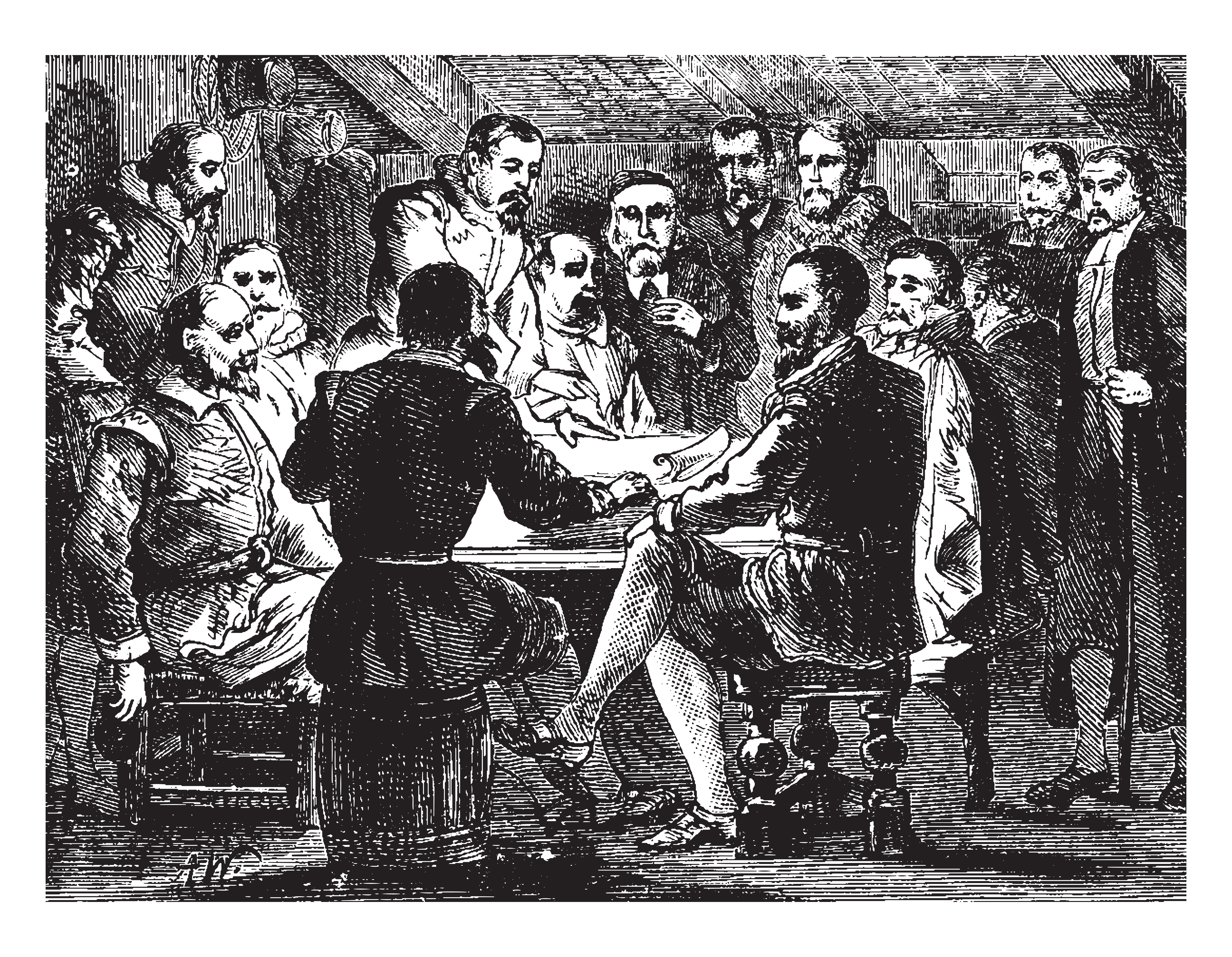

- Contact Us
- Search
-
Mayflower400 partner destinations:
Pilgrims called on the experience of Mayflower's most-travelled passenger
A strange and uncertain new world awaited those who boarded the Mayflower nearly 400 years ago.
The treacherous transatlantic crossing, followed by an horrendous first winter in Massachusetts, claimed the lives of more than half of the passengers and crew who had boarded the ship in Plymouth on 16 September, 1620.
After signing the Mayflower Compact - the first governing document of Plymouth Colony - the 53 surviving settlers and the remainder of the crew bravely set out to explore their new surroundings.
Among them was one Mayflower passenger who had already set foot on US soil more than a decade earlier.
Stephen Hopkins had spent several years in Virginia during a previous voyage, and his experience was to prove vital in the Pilgrims' early expeditions and the years that followed.

Who was Stephen Hopkins?
Stephen Hopkins is believed to have been born in 1581 in the Hampshire village of Upper Clatford, near Southampton.
Shortly after his birth and baptism, his family moved to Winchester and, by 1603/4, Hopkins was married to Mary and living in Hursley, Hampshire.
The couple had three children - Elizabeth (born 1603), Constance (1606) and Giles (1607) - who were all baptised there.
An American adventure
In 1609, Hopkins was hired by the Virginia Company to be a ministers' clerk for the Jamestown, Virginia, settlement and boarded the 'Sea Venture', which was shipwrecked in Bermuda en route to Jamestown.
The crew subsequently built two boats and, remarkably, arrived at Jamestown just 11 days later in May 1610.
The shipwreck became a well-known story in London, and William Shakespeare wrote his play, The Tempest', to reflect many of the incidents that happened to the 'Sea Venture' and her passengers. It's believed the Bard possibly even based comic character Stephano on Hopkins!
In Jamestown, they found the situation in the settlement critical - with the group ravaged by illness and surviving on little food. But just as they were about to evacuate everyone, a relief ship arrived.
Hopkins remained in Jamestown for four years but returned to England in 1614 after learning of the death of his wife died. In 1617, he married Elizabeth Fisher at St Mary Matfellon Church in Whitechapel, London, and the following year the couple had a daughter they named Damiris.

The Mayflower voyage
Hopkins worked as a tanner and merchant, and was recruited by the Company of Merchant Adventurers of London to provide governance for Plymouth Colony and to assist with its ventures.
When he learned of the Pilgrims' planned voyage to Northern Virginia, Hopkins paid for his and his family's passage, together with two servants - Edward Doty and Edward Leister.
The couple took with them Constance, Giles and Damaris but did not not pay for his eldest daughter Elizabeth, so it is assumed she had sadly died.
And if the transatlantic crossing wasn't dangerous enough, Elizabeth gave birth while at sea to a son whom they named Oceanus.

Time in Plymouth Colony
Shortly after arriving in North America, Hopkins was one of the 41 'true' Pilgrims who signed the Mayflower Compact and went on to become an active member of the community, presumably as a result of his years spent in Virginia.
Indeed, his experience was vital in the Pilgrims' early expeditions, and he was considered something of an "expert" on Native Americans for the first few contacts.
While out exploring, Hopkins is said to have recognised and identified an Indian deer trap. He was also sent on several of the ambassadorial missions to meet with the various Indian groups in the region.
Over the years, he assisted Pilgrim leaders including Myles Standish and Edward Winslow.
He and Elizabeth also had five more children, named Caleb, Deborah, Ruth, Damaris (in honour of their first daughter who sadly died), and Elizabeth.
Hopkins is believed to have died in the summer of 1644, but the location of his burial is unknown.
The legacy of Stephen Hopkins
Stephen Hopkins is still remembered in Hampshire, where a series of guided walks allow you to hear all about his astonishing adventures and his links to Shakespeare's 'The Tempest'.
Sign up for the latest Mayflower 400 news
You'll be the first to hear the latest Mayflower news, events, and more.
Log In
Register
Mayflower 400 Proudly Supported by our National Sponsors and Funding Partners






